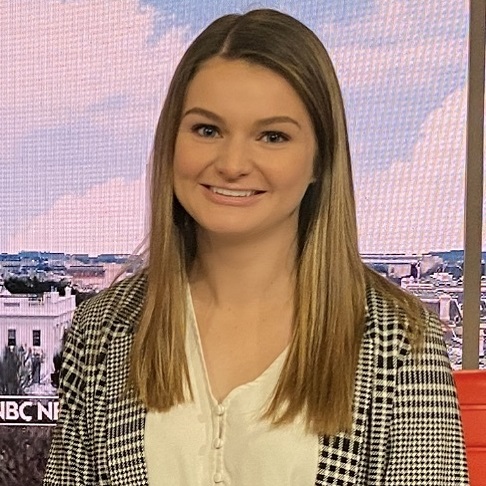As veterans continue to face lapses in receiving medical care, officials from the Department of Veterans Affairs (VA) are looking to technology as a solution to improve patient care coordination.
At a House Veterans’ Affairs Subcommittee on Health hearing on June 13, lawmakers and VA experts explained how the agency often has to request paper copies of medical records due to IT limitations.
“We’re still years away from having an integrated electronic health record at VA and DoD [Department of Defense],” explained Rep. Chris Deluzio, D-Pa. “Meanwhile, VA’s legacy system makes it such that veterans traveling to or relocating from one VA facility to another fully register at their new facility before providers at that facility can access their VA electronic medical record.”
“VA’s ability to electronically access and receive medical records from non-VA community providers is still very limited,” he continued. “This means that VA staff often have to request paper copies of medical records from non-VA providers, leading to delays and gaps in information from fee-for-service or community care encounters.”
Dr. Sachin Yende, chief medical officer at the VA, agreed with Rep. Deluzio, noting that “the fax system is very challenging to work with.”
Dr. Yende said the VA is looking to tackle this issue through three approaches: participating in the Health Information Exchange; setting up processes with third-party administrator (TPA) partners for sending records in a timely fashion; and lastly, bringing technology to bear.
“Really, technology is the solution out here trying to work through faxes, trying to make sure those faxes get into our medical records – it’s a very laborious process,” said Dr. Yende. “So, we’re really exploring some technology solutions out here and we hope to brief you in the near future.”
Dr. Julie Kroviak, principal deputy assistant inspector general at the VA, added that because some providers outside the VA are not turning in records at all or in a timely fashion, it is hurting veterans’ care.
“It is absolutely impacting care for veterans. It is not getting better from our work. I do believe technology is the solution but I don’t believe we’re anywhere near making that solution a reality,” said Dr. Kroviak.
In her written testimony, Dr. Kroviak explained that while improvements have been made in the interoperability of VA and DoD electronic health record systems, “significant risks remain when VA providers find DoD records are not complete or accessible or when VA providers have not thoroughly reviewed and evaluated those records during former service member’s earliest encounters in VA.”
Dr. Kroviak said the VA Office of Inspector General is committed to ongoing oversight of these issues to ensure veterans receive quality care.

